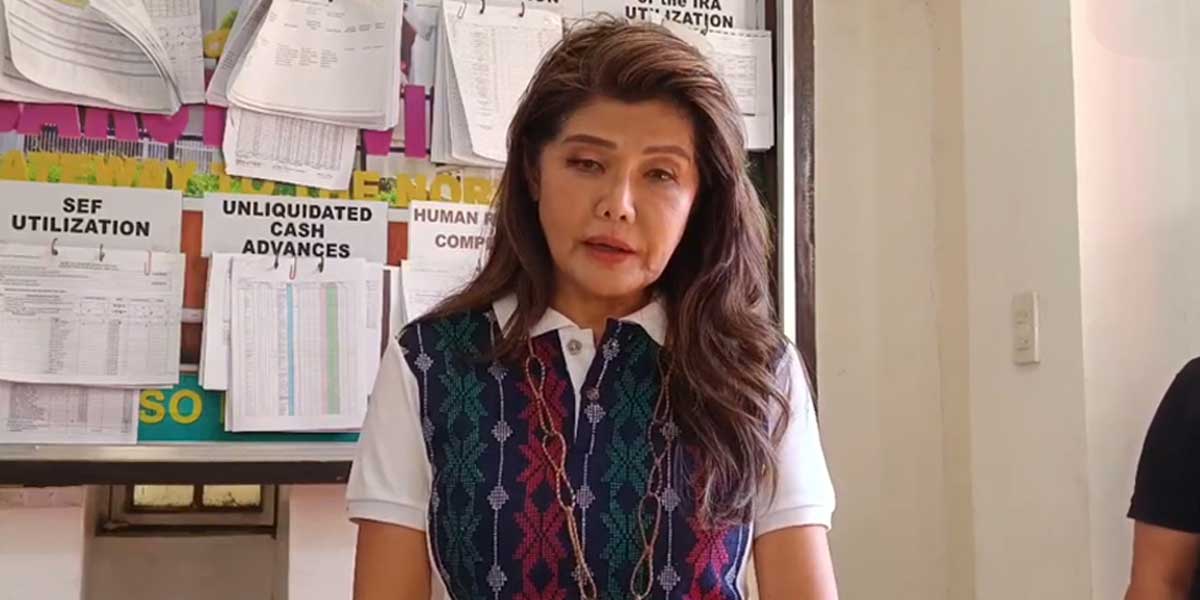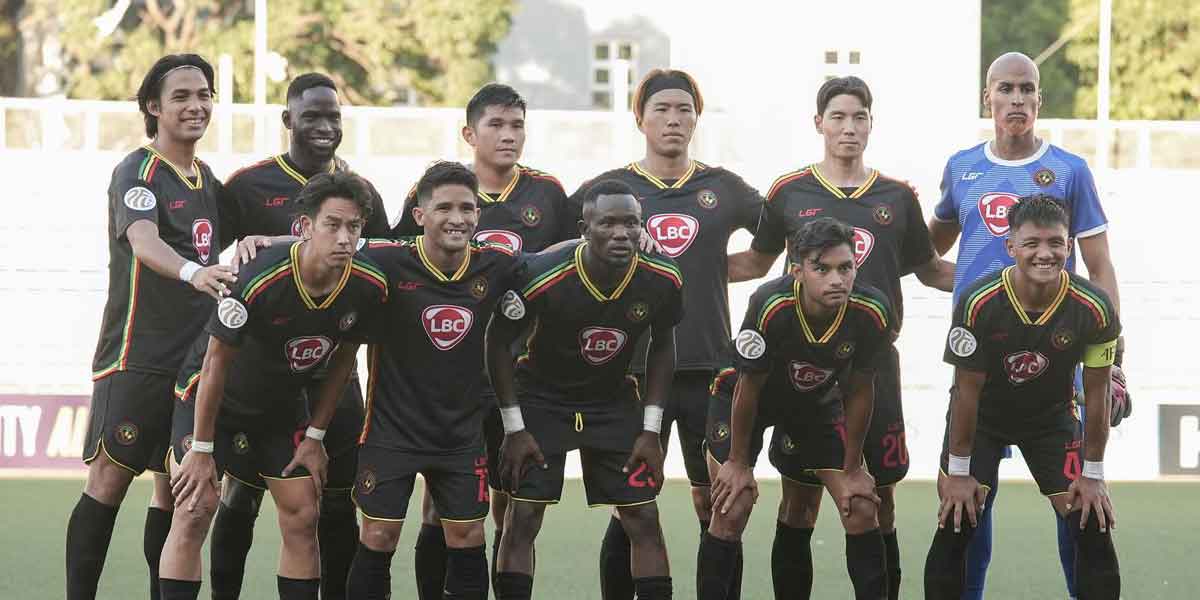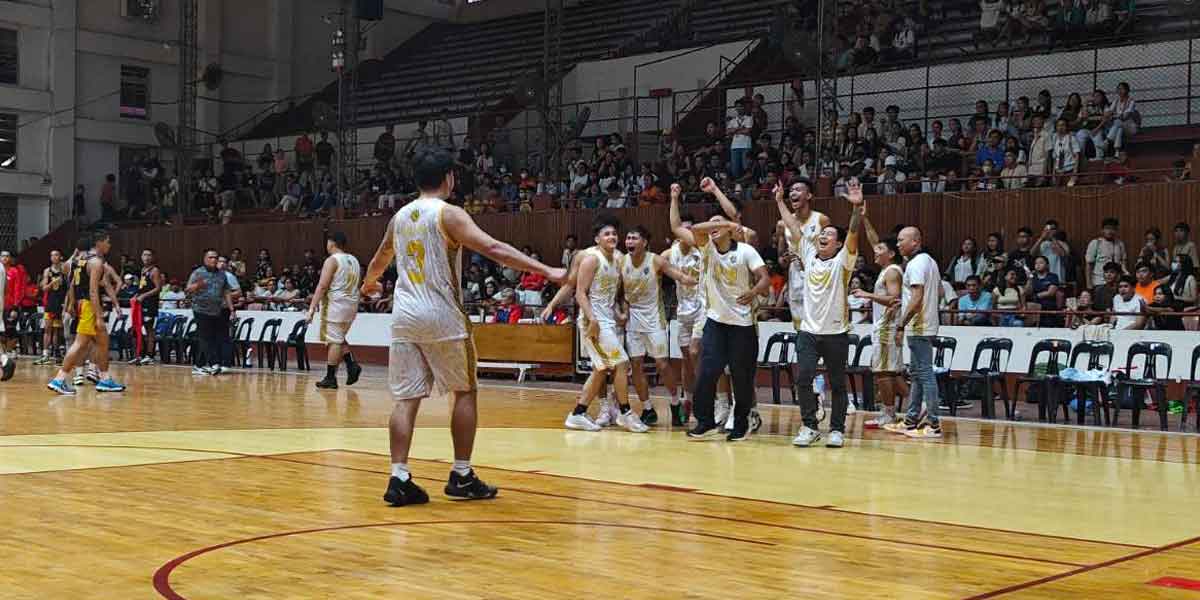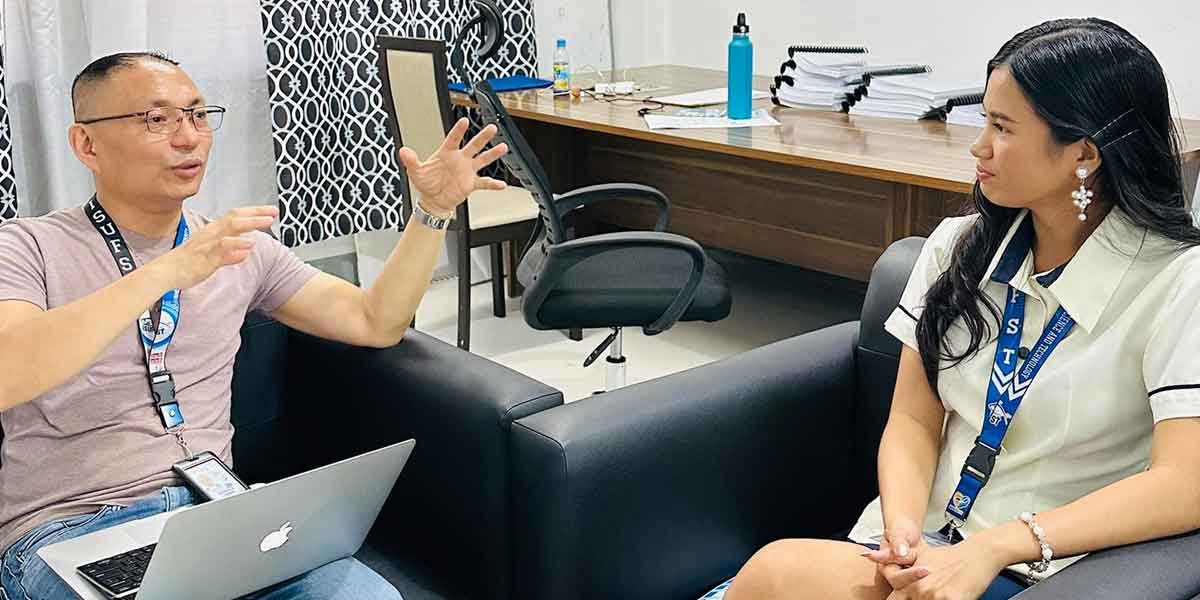
Every five minutes, a child dies of violence across the world, according to Save the Children’s Ending Violence in Childhood Report in 2017. The report revealed a staggering 1.7 billion children who experience violence in many forms and 80 per cent of the incidents happen at home.
Save the Children, a global movement that advocates for children’s rights in 120 countries called for an end to all forms of violence against children.
In the Philippines, three out of five children suffer one or two forms of violence at home and often, parents, siblings and relatives are the perpetrators according to the 2015 National Baseline Study on Violence against Children (NBS-VAC) conducted by the Council for the Welfare of Children (CWC).

Lawyer Alberto Muyot, Chief Executive Officer of Save the Children Philippines said violence takes place at home, in school, online platforms, in communities and in armed conflict and in disasters.
“All children have a right to a childhood without violence,” said Muyot. “Physical and humiliating punishment violates a child’s physical integrity, human dignity and equal protection of the law.”
Save the Children Philippines reiterated the call for humane and dignified treatment of children in time for the World Children’s Day celebration in November and the 30th year of ratification of the Convention on the Rights of the Child.

Muyot also lamented the prevailing culture of violence in schools. He said the NBS-VAC of CWC reveals that 3 out of 5 children experienced bullying. Of this figure, 14.3 percent of children experienced physical violence in school; 23 percent of children experienced psychological violence in school; and 5.3 percent of children experienced sexual violence in school.
Carolina Francisco, Child Protection Manager of Save the Children Philippines, said Positive Discipline establishes open communication and nurturing relationship between parents, carers and teachers and children.
“Corporal punishment hasdevastating impact on children,” said Francisco, adding that “young children who experience corporal punishment are left with feelings of fear, shame, rage, revenge and hostility.”
Francisco was guest at the weekly Tapatan in Aristocrat media forum on Monday where she emphasized the importance of practice of Positive Discipline at home, in schools and communities.
She also stressed that children who identified themselves as members of LGBTQI and children with disabilities are the most vulnerable to suffer from physical and humiliating punishment.
Save the Children Philippines partners with the Department of Education (DepEd), the Department of Social Welfare and Development (DSWD) and local communities to promote Positive Discipline to teachers and parents to end violence against children.
The Philippines is the 31st country to ratify the United Nations Convention on the Rights of the Child (UNCRC), a landmark legal document that highlights the rights of every child to:
- life, survival and development;
- protection from violence, abuse and neglect;
- education that enables children to fulfil their potential;
- be raised by, or have a relationship with, their parents; and
- express their opinions and be listened to.
The convention, now on its 30th year of ratification tasks governments to adopt legislative, social and educational measures to protect the child from all forms of physical or mental violence, injury or abuse, neglect or negligent treatment, maltreatment or exploitation, including sexual abuse, while in the care of parents, legal guardians and person who has the care of the child.
So far, there are 58 countries that have stepped up legislation to ban corporal punishment on children in schools, at home and in communities.
Save the Children founder Eglantyne Jebb wrote the Declaration of the Rights of the Child in 1923 and was adopted by the League of Nations, the forerunner of United Nations. The document became the basis of the UN Convention of the Rights of the Child.



















